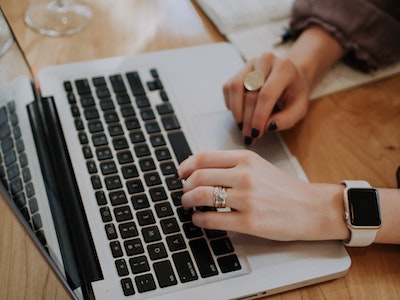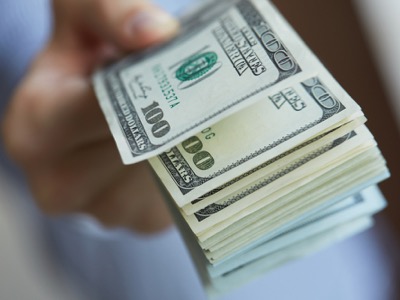 Gemma Lingard, Corporate Lawyer, Gorvins Solicitors
Gemma Lingard, Corporate Lawyer, Gorvins Solicitors
Your new business is up and running, you feel like you’ve covered all the necessary bases, you’ve had your all-important logo designed and marketing material printed, and what is that in the post? A threatening letter from a solicitors saying you’ve infringed the laws of copyright. A dispute with another company is the last thing you want at a time when every pound is being accounted for.
When it comes to copyright and the wider term of ‘Intellectual Property’, a costly legal scuffle could possibly be the downfall of your new exciting venture.
What is Intellectual Property?
Intellectual Property or ‘IP’ refers to creative work which can be treated as an asset or physical property’ (The UK Copyright Service). Having your intellectual property protected helps you to stop people copying or stealing such things as: the names of your products or brands, the design or look of your product and the things you write, make or produce.
On the flip side, you must be careful not to imitate or attempt to steal the things that other people and companies have named, invented, designed or wrote is also protected, meaning you can’t ‘infringe’ or copy or steal their work.
Main Areas of IP
There are different types of intellectual property protection that can apply depending on what it is your have created. Some of these types come automatically whereas others have to be applied for. They mainly fall into four categories:
- Copyright – applies to original artistic work recorded in some way, for example, literary, artistic, musical etc. Copyright is an automatic international right arising on the creation of the work that allows the owner to prevent unauthorised use of the work such as making copies.
- Design Rights – protect the appearance of the whole or part of a product and can be registered or unregistered. The look of design includes appearance, physical shape, configuration and decoration. A design may be subject to both copyright and design rights. Registering your design prevents others from using it for up to 25 years. It makes taking legal action more straightforward.
- Trademarks – can be a name, brand, word, slogan, symbol or design. They are registered at a national level with an appointed government body and protects whatever you have trademarked in that country only.
- Patents – apply to inventions and industrial processes and stops someone else from implementing the invention without authorisation. These are registered nationally.
Over the years the UK as a whole has invested heavily in protecting the intellectual property rights of intangible assets, i.e. those which have been designed, branding etc. Back in 1990, £23.8bn was spent protecting IP. This figure jumped by a massive 167% to £63.5bn in 2011, showing that companies and individuals value and care about their IP and that they are ready to protect their interests should someone else copy or steal from them.
Owning IP and how to avoid infringement?
There are a number of ways and instances in which you can own or use IP. The first and most obvious one is if you were the creator, for example of a logo, then you have the rights. If you have just started a new business and have commissioned someone else to design your logo then you as the business owner would have paid for the work and therefore the rights (you should always check that this is case when commissioning work). You can also buy IP rights from a previous owner or be granted a licence to use the IP from the owner.
One instance where you generally won’t be the IP owner is if you have created something as part of your work whilst you were employed by someone else; the rights in this case remain with the employer.
Avoiding infringement, which is a legal term for an act that breaks a law, should be near the top of your list as a business owner. IP rights are infringed when a product, creation or invention protected by IP laws are exploited, copied or used without having authorisation or permission from the owner of the IP rights. Not taking these seriously could mean you are on the receiving end of being sued.
A few simple tips to avoid infringement are:
- Don’t take anything from the internet because it is almost always copyrighted. It doesn’t count as a defence to say “it didn’t say it was copyrighted on the website or “I just found it on the internet.”
- Don’t assume something is in the ‘public domain’ just because it is on the internet. This is a very common misconception. Something will go into the public domain only once the copyright expires, usually years after the author’s death.
- Be creative about your work. Stay away from screenshots of images or videos that become incorporated into your design.
Gemma Lingard
Gemma Lingard is a Corporate-Commercial lawyer at Gorvins Solicitors. She has a great deal of experience, assisting on both commercial work and corporate transaction deals and has played a key role in a number of multi-million pound deals.
Gemma has developed particular expertise in advising new start-up businesses, drafting shareholder agreements, company restructuring and drafting the terms and conditions of a variety of different business types. Gemma also is an integral part of the Gorvins’ Family Business team, which work closely with many family businesses across the North West and beyond, where Gemma is regarded as a trusted adviser.
If you would like to contact Gemma in regards to your business or any other legal issue, ring 0343 507 5151 or email [email protected].








